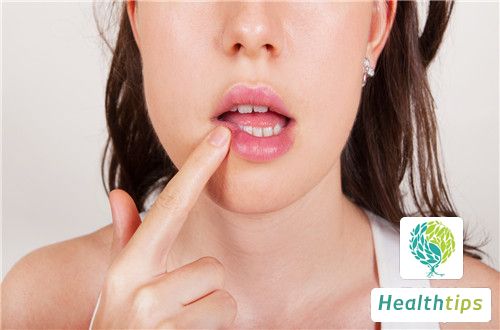"What Action Should I Take If I Inadvertently Swallow a Mosquito?"
Dealing with Accidentally Swallowing a Mosquito
Mosquitoes, those familiar buzzing creatures that swarm around us during summer, can easily bite us if we're not cautious. Beyond merely sucking our blood, there's even a chance we might inadvertently ingest one. This can be alarming, as mosquitoes are pests, and the thought of consuming one might evoke concerns about adverse health effects. So, what should you do if you accidentally swallow a mosquito? Let's find out.

What to Do if You Accidentally Swallow a Mosquito?
Generally, swallowing a mosquito doesn't pose significant health risks, and there's no need for excessive worry. The mosquito might get stuck in your throat during its journey to the gastrointestinal tract, causing discomfort. If you experience throat irritation, drinking warm water or taking throat-soothing medications can help. Once the mosquito reaches the stomach, the hydrochloric acid and digestive enzymes secreted by a healthy individual's stomach are sufficient to dissolve and neutralize it. Mosquitoes may carry pathogens like bacteria, viruses, and malaria parasites, but these microorganisms typically enter the bloodstream through mosquito bites, a process known as blood-borne transmission. If these pathogens enter the gastrointestinal tract, the body's natural protective barriers within the digestive system can eliminate them, alleviating concerns.
Types of People Mosquitoes Prefer to Bite
1. People with Active Sweat Glands and High Body Temperature: Mosquitoes are attracted to those who perspire heavily. The increased acidity in their blood and higher lactic acid levels in sweat make them irresistible targets. Additionally, mosquitoes have heat sensors in their antennae, making them sensitive to even slight temperature variations. Rapid heat dissipation from sweating bodies further attracts them.
2. Tired or People with Rapid Breathing Rates: Mosquitoes locate their prey through scent, particularly carbon dioxide, which they can detect from up to 15 meters away. Physical exertion or heavy labor increases respiration, releasing more carbon dioxide. This creates a warm, moist air current around the head, drawing mosquitoes. Similarly, individuals with large lung capacities or fast breathing patterns also exhale more carbon dioxide, attracting mosquito swarms.
3. People Wearing Dark Clothing: Mosquitoes, particularly Aedes mosquitoes, prefer dark colors like black, followed by blue, red, and green. They tend to avoid individuals wearing white clothing or those with darker skin tones.
4. People with Fast Metabolism: Men, young adults, and healthy individuals generally attract more mosquitoes due to higher levels of skin secretions. Women during menstruation also become more susceptible due to hormonal changes. Mosquitoes' "feeding preferences" are not based on skin texture or blood sweetness but rather on specific scents emitted by individuals.
5. Pregnant Women: Pregnant women are particularly vulnerable to mosquito bites. A US medical study revealed that pregnant women are twice as likely to be bitten by mosquitoes compared to other females.



















